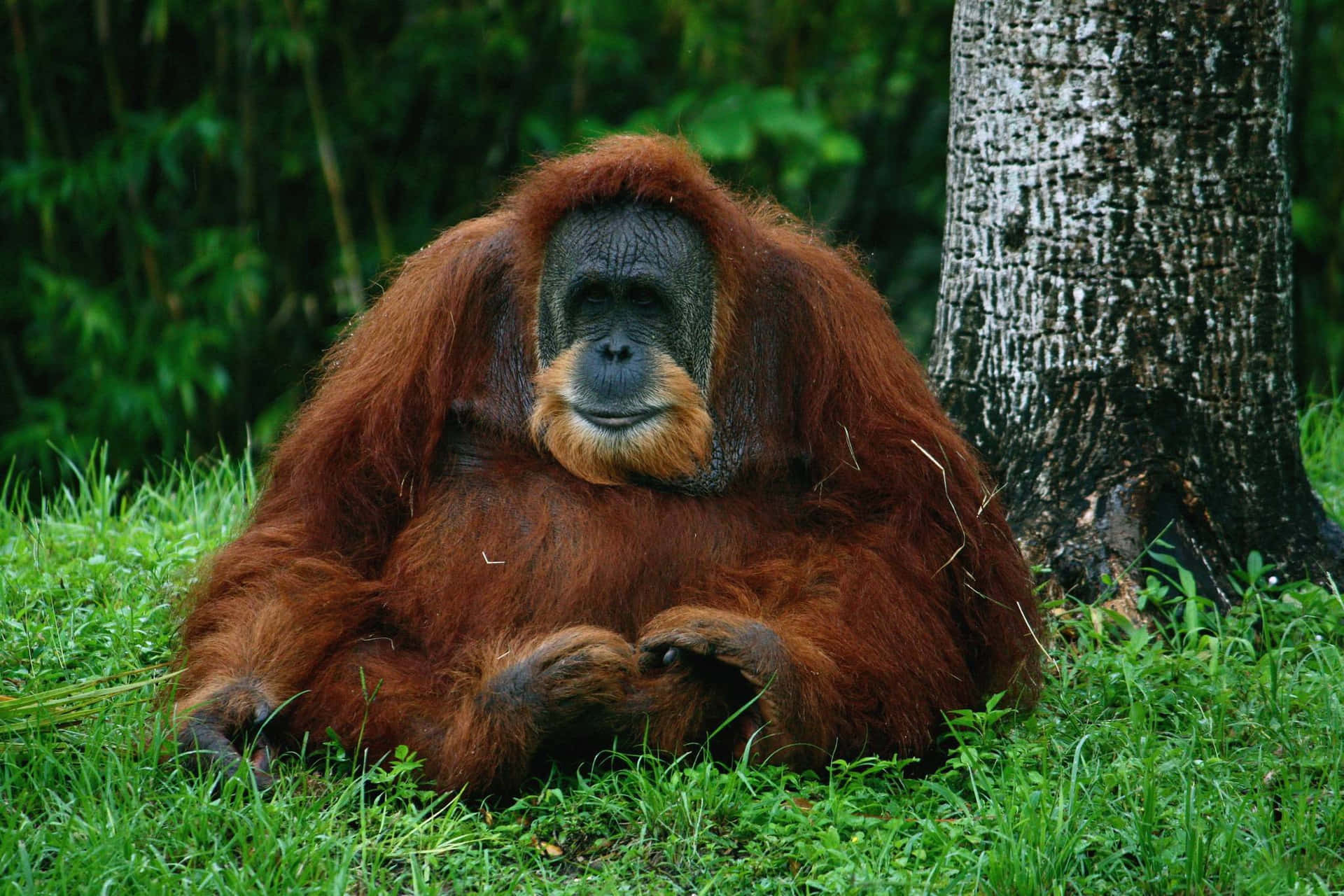Orangutans, one of humanity’s closest relatives in the animal kingdom, have long fascinated scientists and nature enthusiasts alike. Renowned for their extraordinary intelligence, complex social behaviors, and incredible adaptability to their environments, these great apes continue to amaze researchers with their cognitive prowess. Recent studies have unveiled new insights into their problem-solving abilities and emotional depth, shedding light on their remarkable IQ.
In this article, we will embark on an in-depth exploration of the captivating world of orangutans. From understanding their intelligence and behavior to examining the critical role they play in their ecosystems, we will also address the pressing conservation challenges they face. By delving into their cognitive capabilities, we aim to inspire action to protect these extraordinary creatures for future generations.
Join us as we uncover the intricacies of orangutan intelligence, their ecological significance, and the urgent need to preserve their habitats. This journey promises to deepen your appreciation for these magnificent animals and the vital role they play in maintaining biodiversity.
Read also:Exploring The Life Of Eric Nally And His Wife A Closer Look
Table of Contents
- Overview of Orangutans
- Unveiling Orangutan Intelligence
- Advanced Cognitive Skills
- Remarkable Problem-Solving Abilities
- Complex Social Behavior and Communication
- Critical Conservation Efforts
- The Future of Orangutans
- Final Thoughts
Overview of Orangutans
Orangutans are members of the great ape family and are native to the lush rainforests of Southeast Asia, primarily found in Borneo and Sumatra. Recognizable by their striking reddish-brown fur and long arms, these arboreal creatures are perfectly adapted to life in the treetops. Below is a detailed overview of their biological and behavioral traits:
| Common Name | Orangutan |
|---|---|
| Scientific Name | Pongo pygmaeus (Bornean) / Pongo abelii (Sumatran) |
| Habitat | Tropical rainforests |
| Diet | Fruits, leaves, bark, and insects |
| Lifespan | 30 to 40 years in the wild; up to 50 years in captivity |
| Conservation Status | Critically Endangered |
Unveiling Orangutan Intelligence
Orangutans are celebrated for their remarkable intelligence, often compared to that of young children. Their cognitive abilities are evident in their use of tools, problem-solving strategies, and social learning. Research has shown that orangutans possess an IQ that rivals other great apes, showcasing advanced cognitive functions that are vital for their survival in the wild.
1. Tool Use and Innovation
One of the most fascinating aspects of orangutan intelligence is their ability to use tools creatively in their natural habitats. Observations reveal several ingenious examples of tool use among orangutans:
- Using sticks to extract termites and ants from mounds.
- Fashioning leaves into makeshift sponges to collect water.
- Employing branches to construct bridges or shelters.
Advanced Cognitive Skills
The cognitive skills of orangutans are essential for navigating their complex forest environments. These skills encompass memory, learning, and problem-solving, all of which contribute to their survival in the wild.
2. Memory and Learning
Orangutans possess exceptional memory capabilities, enabling them to remember the locations of food sources and navigate vast forest landscapes. Studies have demonstrated that they can retain detailed information about their surroundings for extended periods, a crucial skill for efficient foraging and resource management.
3. Problem-Solving Abilities
Research has highlighted the impressive problem-solving abilities of orangutans. Through trial-and-error methods, they can tackle complex challenges, such as opening difficult-to-reach fruits or devising innovative solutions to environmental obstacles. Their capacity for critical thinking and forward planning underscores their advanced cognitive functions.
Read also:Rod Blagojevich A Comprehensive Look At His Height Life And Legacy
Complex Social Behavior and Communication
Orangutans exhibit rich social behaviors that reflect their emotional depth and intelligence. Their interactions with one another are intricate and play a vital role in their overall well-being.
4. Communication Skills
Communication among orangutans involves a combination of vocalizations, facial expressions, and body language. They use these methods to convey emotions, intentions, and warnings, demonstrating their social intelligence. This ability to communicate effectively enhances their ability to form bonds and resolve conflicts within their communities.
Critical Conservation Efforts
Despite their remarkable intelligence and adaptability, orangutans face severe threats from habitat destruction, poaching, and the illegal pet trade. Urgent conservation efforts are essential to ensure their survival and protect their habitats.
5. Habitat Protection
Global organizations are dedicated to safeguarding orangutan habitats and raising awareness about the importance of biodiversity. Key initiatives include:
- Establishing protected areas and national parks.
- Promoting sustainable agricultural and forestry practices.
- Involving local communities in conservation programs to foster coexistence.
The Future of Orangutans
The future of orangutans hinges on our collective commitment to protecting their habitats and ensuring their survival. Educational programs and community engagement are pivotal in fostering a deeper understanding of these incredible creatures and the challenges they face. By supporting conservation efforts, we can help secure a brighter future for orangutans in the wild.
Final Thoughts
In conclusion, orangutans are not only fascinating creatures but also vital contributors to their ecosystems. Their cognitive abilities, social behaviors, and the challenges they encounter underscore the urgent need for conservation efforts to protect these remarkable apes. By taking action—whether through supporting conservation initiatives, sharing knowledge, or advocating for change—we can make a meaningful difference in their lives.
We encourage you to join us in this mission by supporting orangutan conservation programs, spreading awareness, or leaving your thoughts in the comments below. Together, we can ensure a thriving future for these extraordinary animals and preserve the wonders of the natural world for generations to come.
Thank you for exploring the world of orangutans with us. We invite you to return for more enlightening articles on the incredible diversity of life on Earth.


